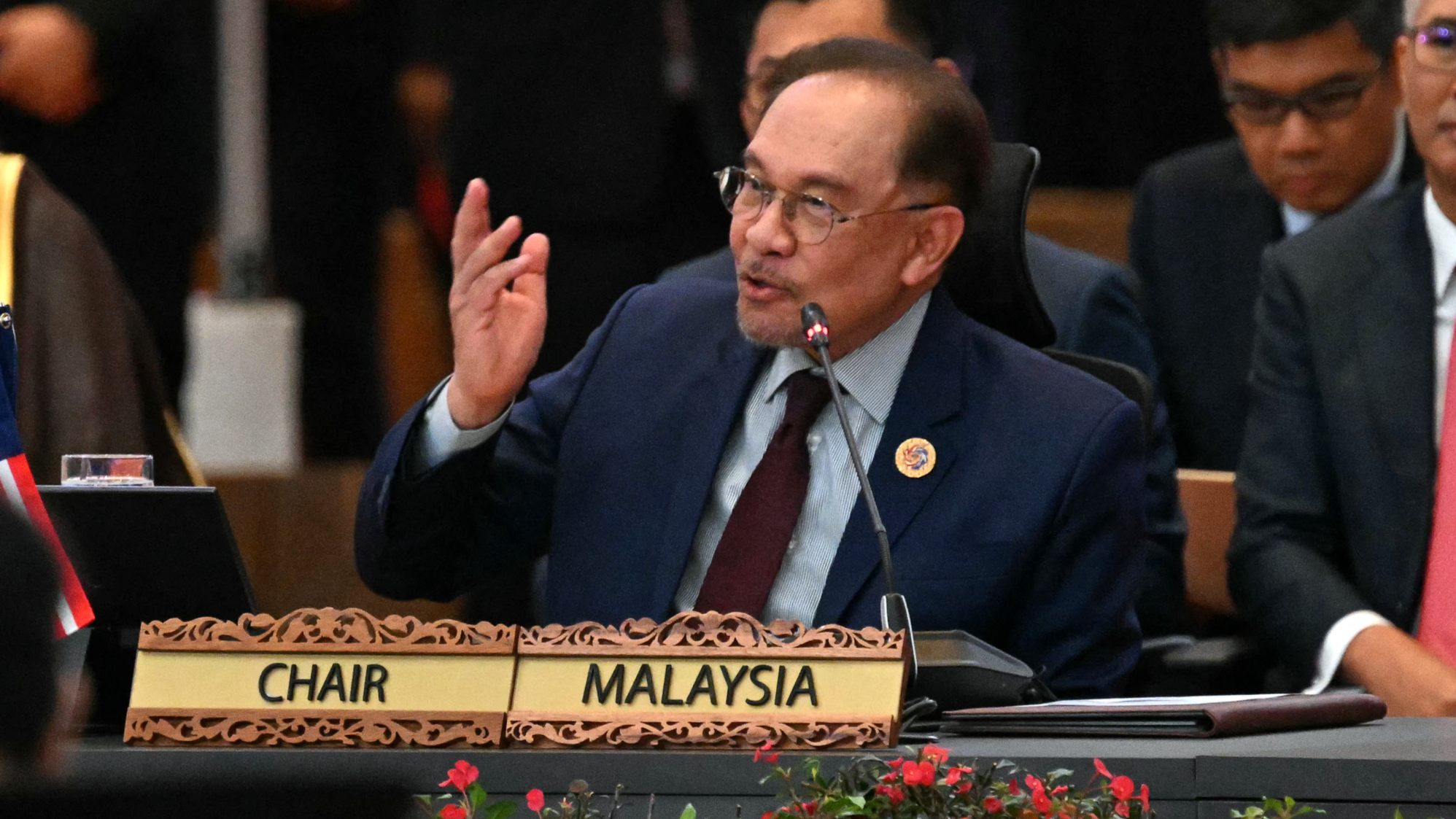
KUALA LUMPUR - Enhancing inter-regional collaboration and building resilience to navigate an increasingly complex global landscape marked by economic uncertainty and geopolitical challenges will be high on the agenda of the 2nd ASEAN-GCC Summit, Malaysian Prime Minister Anwar Ibrahim said here on Tuesday.
In his remarks at the opening of the summit, Anwar said the two parties had made rapid strides forward on their three key pillars of cooperation -- political-security, economic, and socio-cultural -- since its inaugural summit two years ago, but this must now be strengthened to face new developments in global affairs.
"I believe the ASEAN-GCC partnership has never been more important than it is today, as we navigate an increasingly complex global landscape marked by economic uncertainty and geopolitical challenges ... ASEAN and the GCC have the means and the responsibility to rise as anchors of stability and engines of future growth," he said.
READ MORE: ASEAN-China-GCC ties seen to inject certainty into global economy
"A stronger ASEAN-GCC relationship will be key to enhancing interregional collaboration, building resilience, and securing sustainable prosperity for our peoples," he said, adding that members of the two groupings must translate their shared vision into concrete and impactful cooperation.
For his part, Crown Prince of Kuwait Sheikh Sabah Al-Khaled Al-Hamad Al-Sabah said the two active groupings on the global stage are convening, each possessing enormous geographic, demographic, and strategic strengths, which qualify them to be influential players and undertake important roles amidst the accelerating global economic transformations.
"The GCC was ASEAN's 7th largest trading partner in 2023, with a total trade volume of $130.7 billion. We anticipate this to grow by 30 percent, reaching $180 billion by 2032. The investment potential between both sides is vast," said the crown prince, whose nation holds the current rotating presidency of the GCC.
"We therefore emphasize the importance of continuing to strengthen cooperation in economic, trade, investment, and technical fields. We look forward to achieving positive outcomes in the ongoing negotiations for a free trade agreement (FTA) between both sides, which will boost investment opportunities and support regional supply chains," he added.
The summit brings together member states of the Association of Southeast Asian Nations (ASEAN) and the Gulf Cooperation Council (GCC), which first met in this format in Saudi Arabia's capital Riyadh in 2023.
During the first summit, leaders of ASEAN and GCC countries adopted a joint statement to lay the foundation to upgrade and develop their partnership, and welcomed the ASEAN-GCC Framework of Cooperation (2024-2028), which outlines measures and cooperation activities to be jointly undertaken.
READ MORE: ASEAN summit kicks off in Malaysia, with eye on greater integration
These include specific targets in fields such as food security, renewable energy, innovation, adaptation to climate change, and combating terrorism and violent extremism.


